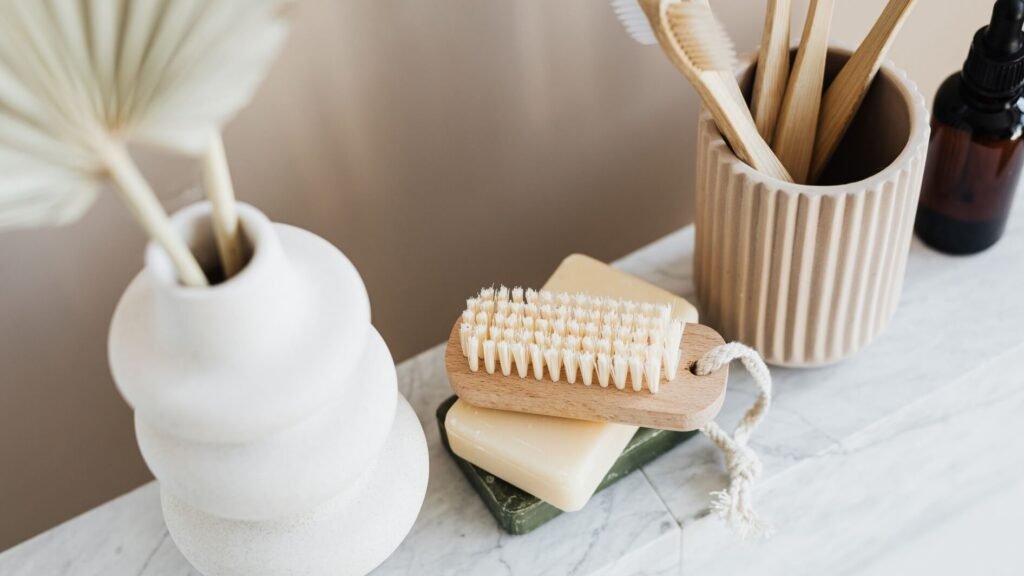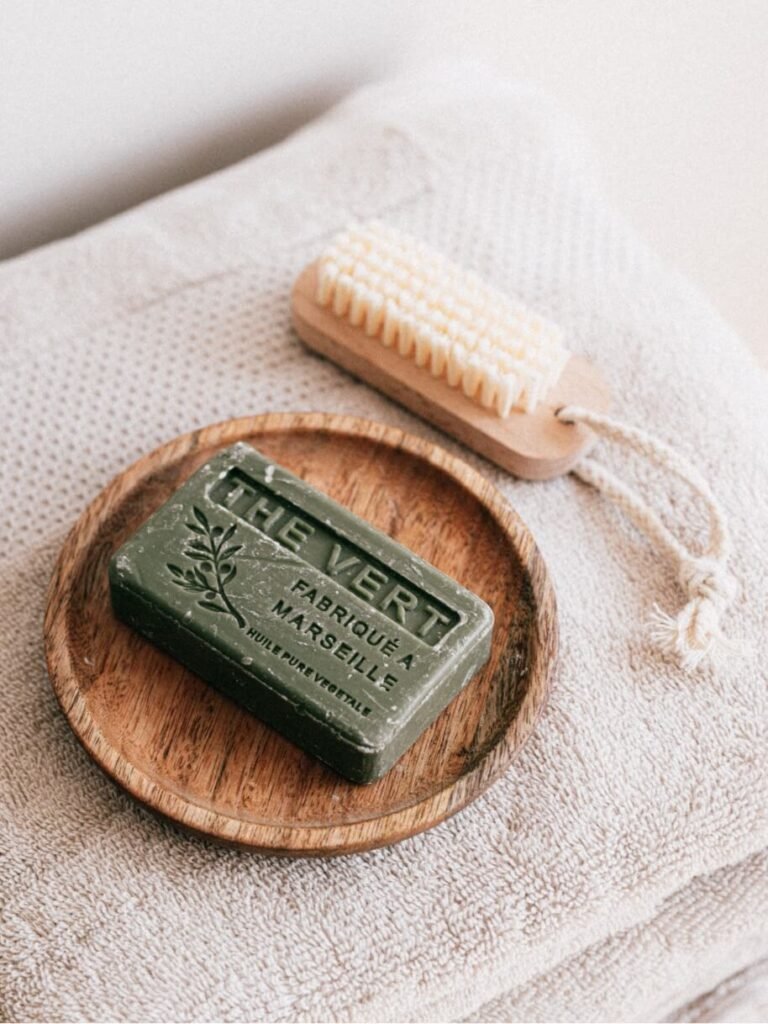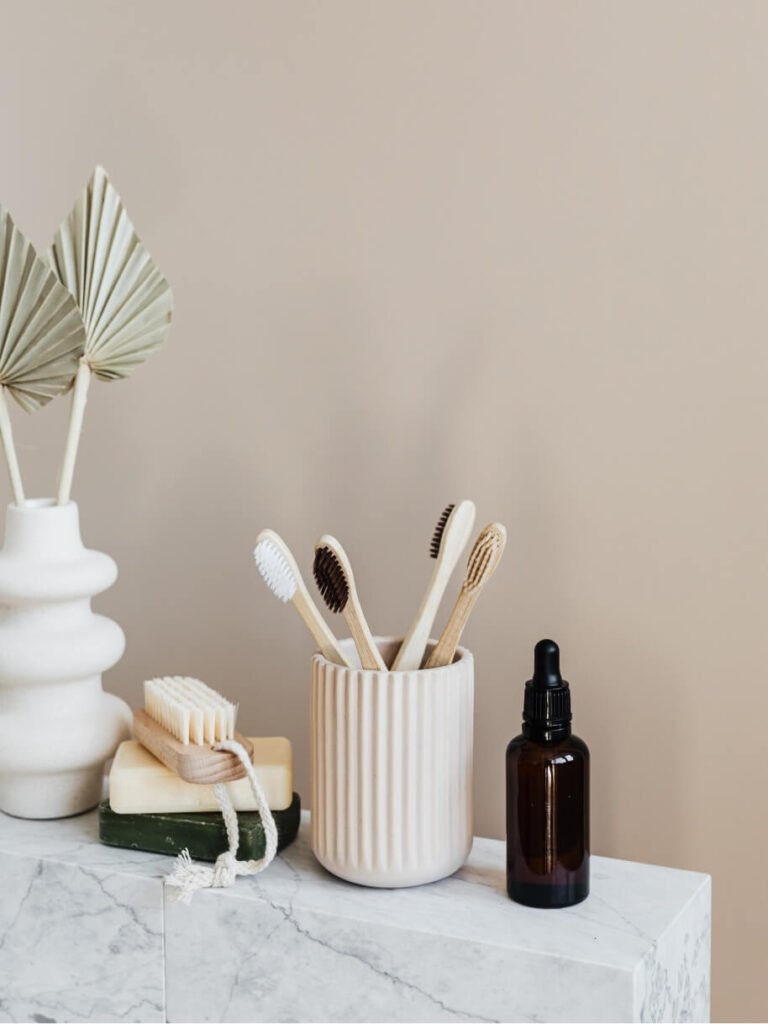Choosing a perfume is more than just picking a pleasant fragrance; it’s about finding a scent that resonates with your personality and makes you feel uniquely yourself. Here’s a concise guide to help you navigate the world of fragrances and discover your signature scent.
1. Understand Fragrance Families
Perfumes are often categorized into families based on their dominant notes. Familiarize yourself with these categories to narrow down your choices:
- Floral: Sweet and romantic, ideal for those who love a classic, feminine scent.
- Citrus: Fresh and invigorating, perfect for a lively, energetic vibe.
- Woody: Earthy and warm, suited for a sophisticated and grounded personality.
- Oriental: Exotic and rich, great for those who enjoy deep, sensual fragrances.
2. Test Fragrances on Your Skin
Fragrances can smell different on your skin compared to how they smell in the bottle. When testing perfumes, spray a small amount on your wrist and let it settle for a few minutes. This allows the perfume to interact with your body chemistry and reveal its true scent. Avoid applying too many fragrances at once, as this can overwhelm your senses.
3. Consider the Fragrance Notes
Perfumes are composed of three main types of notes:
- Top Notes: These are the initial scents you smell immediately after application, often fresh and light.
- Middle Notes: Also known as heart notes, these emerge after the top notes fade and form the core of the fragrance.
- Base Notes: These are the deep, long-lasting scents that become more prominent as the perfume dries down.
Understanding these layers can help you choose a perfume that evolves in a way you enjoy throughout the day.
3. Consider the Fragrance Notes
Perfumes are composed of three main types of notes:
- Top Notes: These are the initial scents you smell immediately after application, often fresh and light.
- Middle Notes: Also known as heart notes, these emerge after the top notes fade and form the core of the fragrance.
- Base Notes: These are the deep, long-lasting scents that become more prominent as the perfume dries down.
Understanding these layers can help you choose a perfume that evolves in a way you enjoy throughout the day.
4. Match Fragrance with Mood and Occasion
Your signature scent should complement both your daily routine and special occasions. Consider how a fragrance aligns with your lifestyle. For everyday wear, you might prefer something subtle and versatile, while for evenings or special events, a more intense or unique scent might be fitting.

5. Think About Longevity and Sillage
Perfume longevity refers to how long a fragrance lasts on your skin, while sillage describes how far the scent projects. If you prefer a scent that lasts all day with minimal reapplication, look for perfumes with higher concentrations, such as eau de parfum. For a subtle presence, choose eau de toilette or eau de cologne.
6. Sample Before You Buy
Whenever possible, try to obtain samples or travel-sized bottles before committing to a full-sized bottle. This gives you the opportunity to wear the perfume over several days and in different situations, ensuring it truly fits your preferences and lifestyle.
7. Trust Your Instincts
Ultimately, the best perfume for you is one that feels right and makes you feel confident and happy. Trust your instincts and choose a fragrance that you naturally gravitate towards and love to wear.
Finding your signature scent is a personal journey that reflects your unique identity. By exploring different fragrances and understanding your preferences, you’ll discover a perfume that becomes a true extension of who you are. Happy scent hunting!





